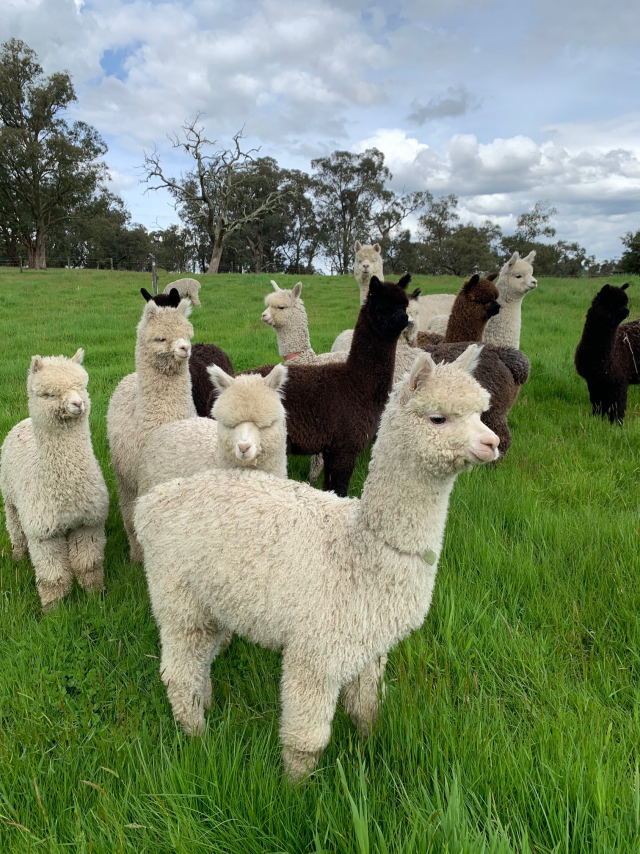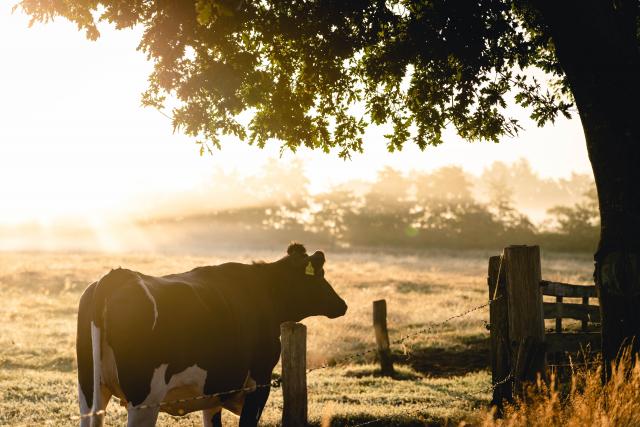Two Alpacas at a Belgrave Heights stud have been mauled in an attack by an unknown animal.
Auravale Alpacas owner Lynda Holdsworth said some of her stock were attacked and killed by the animal between 6am and 8am on Saturday 13 May.
“It had small medium reddish brown hair, it was a heeler type dog,” she said.
Ms Holdsworth said it became apparent an animal had been on other parts of the property as well.
“We had three young alpacas with two adults, it killed one and badly injured another which later died that day,” she said.
Ms Holdsworth said that they could see marks on the grass where something had come in and left the property.
“It was one of our smaller and younger ones that died and it had been disembowelled,” she said.
Ms Holdsworth said that one had been caught alpaca and had a massive wound and the young alpaca unfortunately died later that day while it was being stitched up by the vet.
Ms Holdsworth said she reported the incident to Yarra Ranges Council and the Department of Energy, Environment and Climate Action (DEECA),
“It’s significant emotionally, we were quite upset about the loss of two defenceless animals,” Ms Holdsworth said.
A Department of Energy, Environment and Climate Action spokesperson said wild dog control staff routinely respond to wild dog activity in the Dandenong Ranges.
“Senior Wild Dog Controllers are aware of the incident at the Auravale Alpaca farm and have spoken with the landowners,” the spokesperson said.
“Photos taken by a neighbour show an unknown dog in the area, it is not known if this was the dog that was involved in this instance or if it is wild or domestic.”
The primary aim of the Victorian Wild Dog Management Program is to minimise the killing and maiming of livestock caused by wild dog attacks.
“Senior staff will be conducting surveillance activities to determine the dog’s presence, pathways and see if there are indications it is a wild or domestic dog,” the spokesperson said.
Yarra Ranges Council Director of Communities Jane Price said the most commonly-reported places based on investigating officer experience are in public parks and neighbourhood streets and that a large portion of attacks occur as a result of a dog being at large, meaning the dog has escaped from its property.
Ms Holdsworth is now spending money trying to secure their 20-acre property fencing and make it more animal-proof as advised by the wild dog controller and said there is ongoing worry about that animal or other animals coming back.
“He’s suggested they don’t jump, rather they go through or under the fence,” she said.
Ms Holdsworth said she urges dog owners to keep their dogs contained and is concerned that wild dogs will cause potentially more issues in the future.







